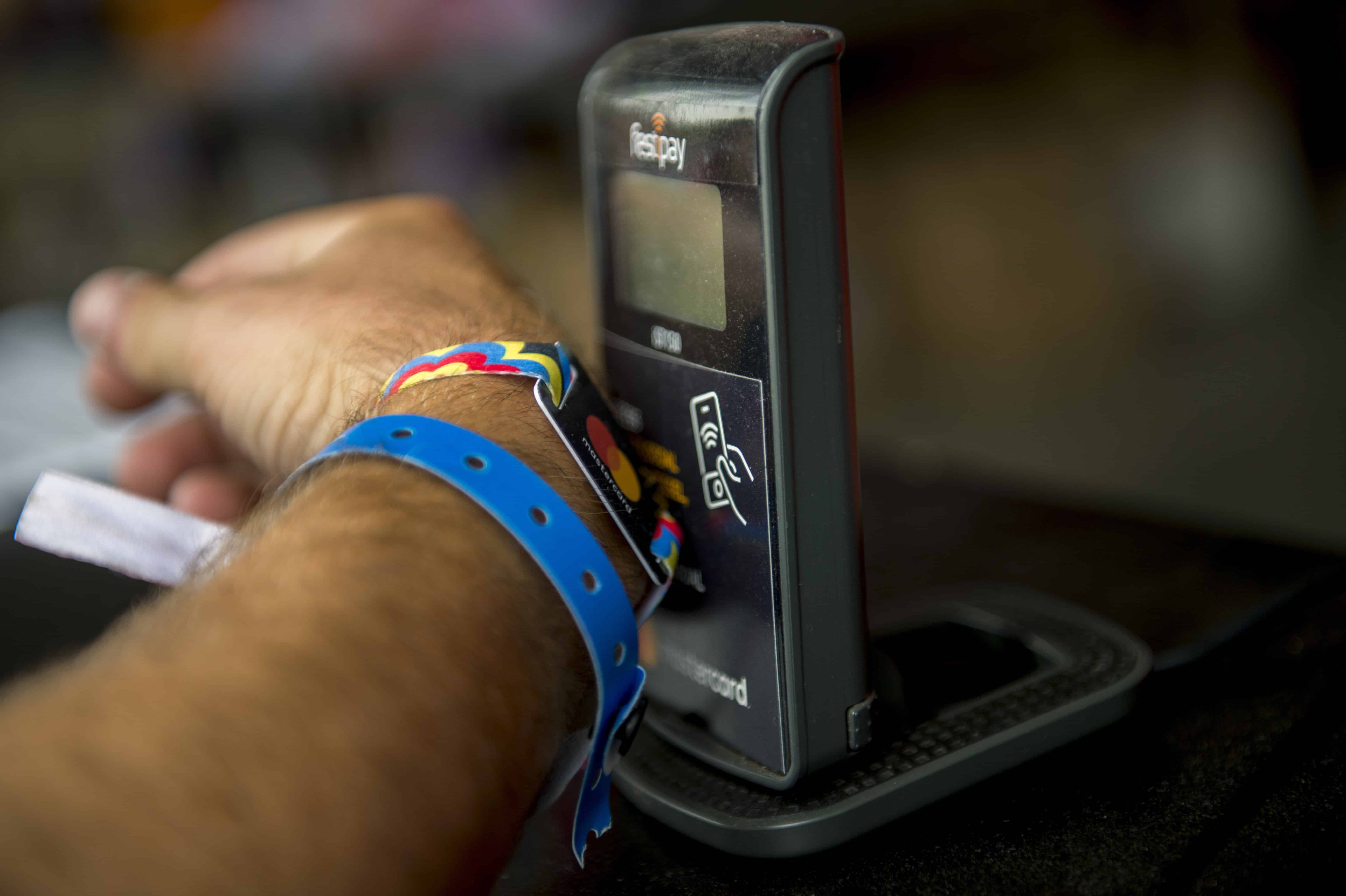Hungary – Instant payment system to be introduced this March!

This March, the so-called instant payment system will be introduced in Hungary, which means that every HUF-based, domestic transaction including less than HUF 10 million, will be completed within 5 seconds. Thanks to the renewal, transactions can be completed easily, as they can be realised by entering an e-mail address or phone number; furthermore, payment requests can also be sent thanks to the new system.
Despite its numerous benefits, the new payment system also comprises several security risks as well – reported by Erste Bank at a press conference on Monday.
As Réka Schreiber – head of Erste’s Central Operations explained – thanks to the immediate payment system, HUF-based domestic transactions in Hungary can be realised within 5 seconds, which is a positive development compared to the previously necessary 4 hours; additionally, the system will operate during weekends and public holidays as well.
The new system will be automatically used by every bank, in case of transactions not exceeding HUF 10 million. In the case of higher amounts, the general – currently used – payment system will be applied.
As the Hungarian news portal Portfolio reports, the system brings further technical innovations as well. Accordingly, not only the beneficiary but the payer will also receive notification about the transaction. Additionally, every bank has to provide a secondary ID code to their customers, which can be a telephone number, e-mail address, tax identification, or tax number in case of a company.
The system enables customers to complete transactions by providing an e-mail address that will be matched with the account number.
The secondary identifier should be registered through NetBank; a phone number is not automatically registered as a secondary ID. Once a year, customers will receive a call that a secondary ID has been registered and will be asked whether they wish to use it in the future. One identifier can only be assigned to one account number.
Payment request can also be sent, which indicates to the recipient that money is required from him. This is not an obligatory part for banks, so the level of preparedness varies. According to László Bek-Balla – Manager of Erste Digital Channels and Contact Center – payment request can also be sent to the client in case of utilities; however, their completion is dependent upon the customer. The payment request will be valid for 30 days.
In the case of Erste Bank, the development of the new payment system has cost several billion HUF.
The expert also added that transactions can be started by QR codes as well. Meanwhile, payment terminals are not needed to complete the process; therefore, small enterprises can simply print out a QR code on an A4 sheet which can be scanned immediately.
Réka Schreiber also emphasised that fraud might emerge concerning payment requests; therefore, awareness and caution are required in the new system as well, just like previously. One specific risk is that – due to the immediacy – banks become unable to effectively keep back mistaken transactions; while in the current system, banks can stop such transactions within an hour. By instant payment system, money can get through several banks within a few minutes. According to Schreiber, PSD2 can help banks to prevent frauds effectively.
Presumably, the new system will not cause any increase regarding transaction fees.
Source: portfolio.hu




